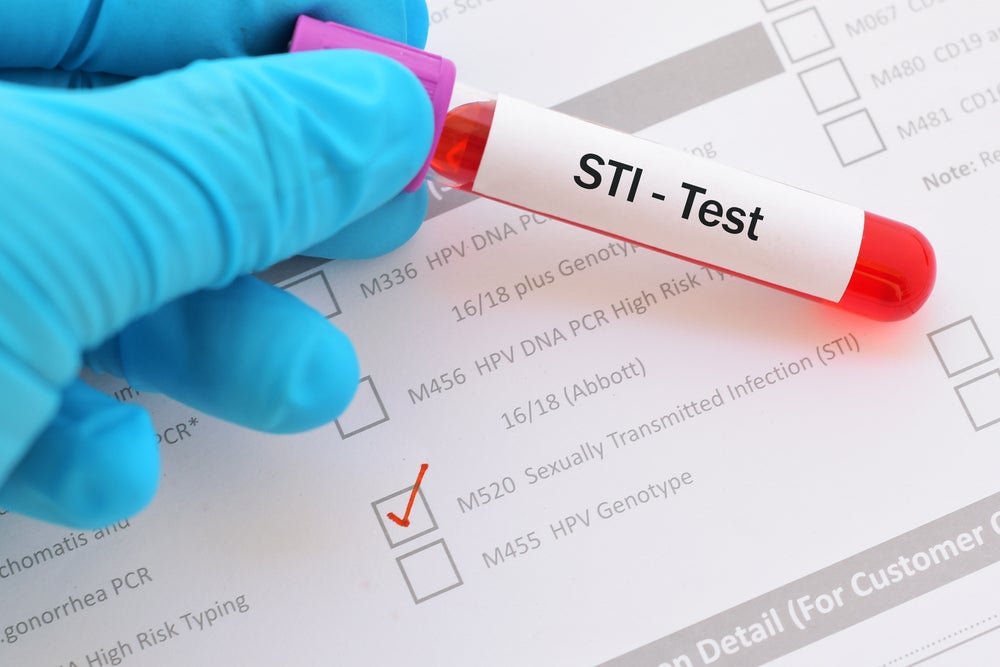Syphilis is a common sexually transmitted infection (STI) that is curable if detected and treated early. However, if left untreated, it can cause serious health issues including neurological and organ damage. Syphilis primarily occurs in those 15 years and older, but babies can be infected with congential syphilis.
The disease progresses in four stages: primary, secondary, latent and tertiary. Each stage can present with differing symptoms, ranging from no symptoms (latent) to open sores to organ damage (such as to the heart or brain). As syphilis rates continue to rise in the US, new disease detection and treatment strategies are needed.

Access deeper industry intelligence
Experience unmatched clarity with a single platform that combines unique data, AI, and human expertise.
According to GlobalData epidemiologists, diagnosed incident cases of syphilis in all ages are expected to grow from 114,000 in 2024 to almost 130,000 by 2027 in the US. In communities with limited access to care, the emergency department (ED) can often be a primary source of healthcare. In this context, an ED visit can represent the first point of care in which screening could play a vital role in improving patient outcomes.
In a recent US study published by Stanford and colleagues in the journal Open Forum Infectious Diseases, a novel screening approach was implemented at a large, urban, adult ED in Chicago, US. An optional syphilis screening test was offered to anyone ages 18 years and older. Patients with an HIV diagnosis or who had been screened for HIV within the past year were excluded. To determine screening and diagnosis outcomes, data was collected for all patients over 18 years visiting the ED before the period June 2017 to May 2019 (pre-screening) and after June 2019 to May 2021 (post-screening). Almost 300,000 ED encounters occurred during the pre/post period.
Study results found that presumed active syphilis infection increased by 288%, from 161 patients to 624 patients. Among pregnant women, syphilis diagnosis markedly increased, rising by 650%, from 2 cases to 15 cases.
Study results suggest that universal ED screening could significantly improve syphilis case identification, diagnosis, treatment and transmission. Particularly, it may help to identify and prevent congenital syphilis. Syphilis also commonly affects communities with barriers to care, and this novel screening strategy would likely reduce disease burden and increase disease awareness in these populations. However, additional research is still needed to further support and replicate these findings, and evaluation is needed to assess the economic impact and feasibility of universal syphilis screening in the ED environment.

US Tariffs are shifting - will you react or anticipate?
Don’t let policy changes catch you off guard. Stay proactive with real-time data and expert analysis.
By GlobalData


